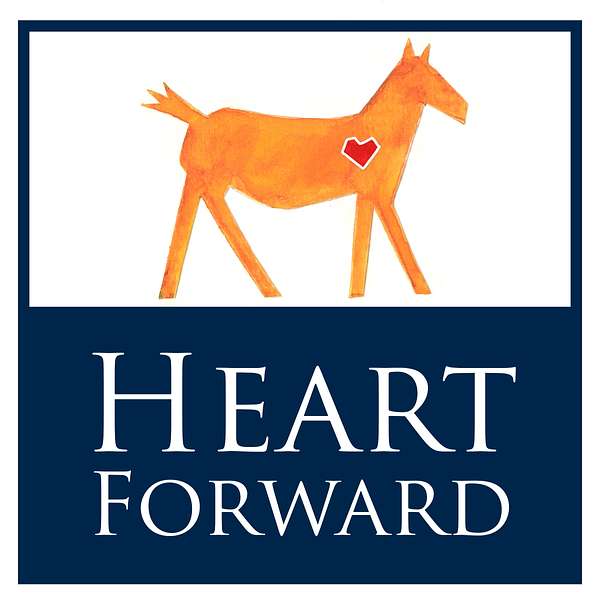
Heart Forward Conversations from the Heart
The American mental health system is broken beyond repair. Rather than trying to tweak a system which fails everyone, it is time to commit to a bold vision for a better way forward. This podcast explores the American system against the plumb line of an international best practice, recognized by the World Health Organization (WHO), in Trieste, Italy. The 40-year old Trieste model demonstrates how a community-based treatment system upholds the human rights of the people served. The Trieste story is anti-institutional and models the therapeutic value of social connection. Topics will address contemporary challenges in the American failed mental health system as contrasted with the Italian approach toward accoglienza – or radical hospitality – as the underpinning of their remarkable culture of caring for people. Interviews will touch upon how the guiding principles of the Italian system – social recovery, whole person care, system accountability, and the human right to a purposeful life – are non-negotiable aspects if we are to have any hope of forging a new way forward in our American mental health system. This podcast is curated and hosted by Kerry Morrison, founder and project director of Heart Forward LA (https://www.heartforwardla.org/). Heart Forward is collaborating with Aaron Stern at Verdugo Sound as the technical partner in producing this podcast (https://www.verdugosound.com). Kerry Morrison is also the author of the blog www.accoglienza.us.
Heart Forward Conversations from the Heart
Peer-assisted Mental Health Care Inside the Country's Largest Jail: A panel conversation
The power of Zoom – captured as an audio file for this podcast – presented an opportunity to hear about the origins and outcomes of a collaboration between the L.A. County Sheriff’s Department and Correctional Health Services nursing and mental health clinicians which began in 2016. You will hear from officials involved in conceptualizing the pilot and two inmates who have lived embedded in these pods for four years and wrote a book about their role as “mental health assistants.”